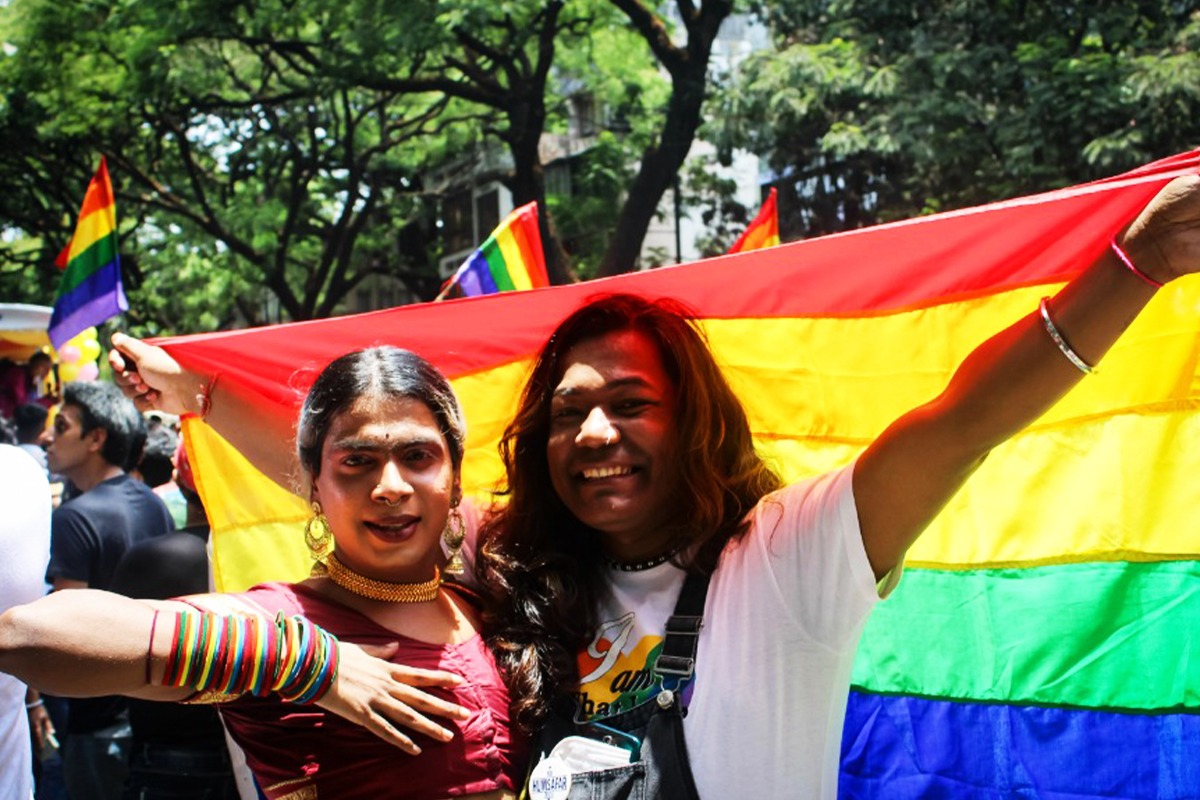NEW DELHI: This year witnessed a tumultuous political landscape in India, marked by parliamentary expulsions and impactful Supreme Court verdicts. These events, shaping the nation’s narrative, reflect the intricate dynamics of our society. From legislative upheavals to judicial milestones, these top 10 political occurrences encapsulate the evolving facets of Indian politics in the past year.
1. Raghav Chadda
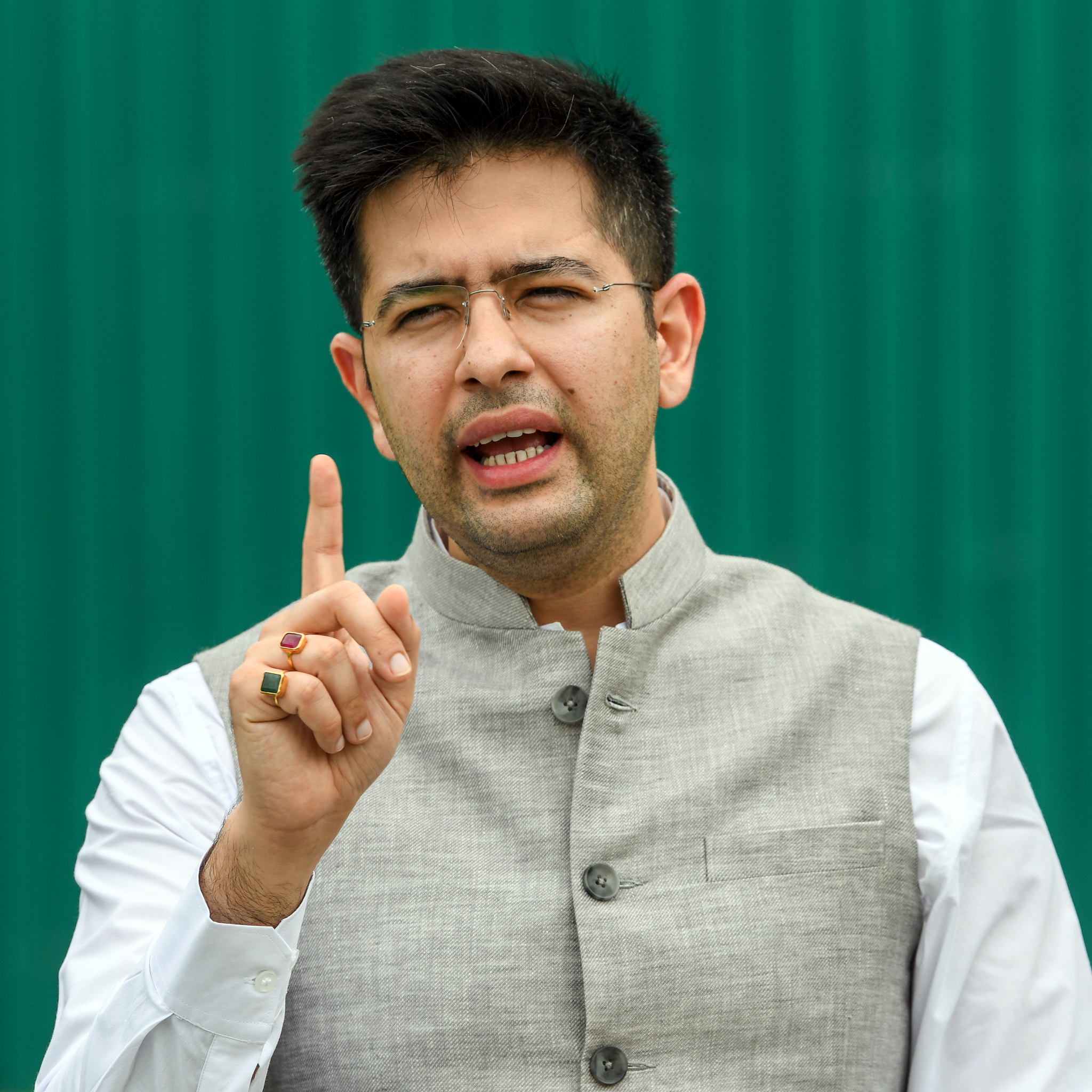
AAP MP Raghav Chadha encountered a significant setback with his suspension from the Rajya Sabha, a consequence of the breach of privilege complaints levelled against him. The controversy revolved around allegations made by five BJP leaders in the Upper House of Parliament, who claimed that Chadha engaged in fraudulent actions. They contended that the Opposition MP included their names in a motion presented in the Rajya Sabha without obtaining the necessary consent. This development not only deepened the political divide but also raised questions about the ethical conduct of parliamentarians, further contributing to the ongoing discussions surrounding parliamentary decorum and accountability. The suspension underscored the need for stringent measures to maintain integrity within the legislative process.
2. Mahua Moitra

Trinamool Congress (TMC) Lok Sabha MP Mahua Moitra faced a significant turn of events as she was expelled from her parliamentary position, setting a historic precedent as the first individual ousted from the new parliament building premises. The expulsion came in the wake of Moitra’s involvement in the cash-for-query scandal, a contentious issue that subjected her to scrutiny by the parliamentary ethics committee. The committee’s recommendations, citing Moitra’s alleged complicity in the unethical practice, played a pivotal role in the decision to remove her from office.
3. Rahul Gandhi
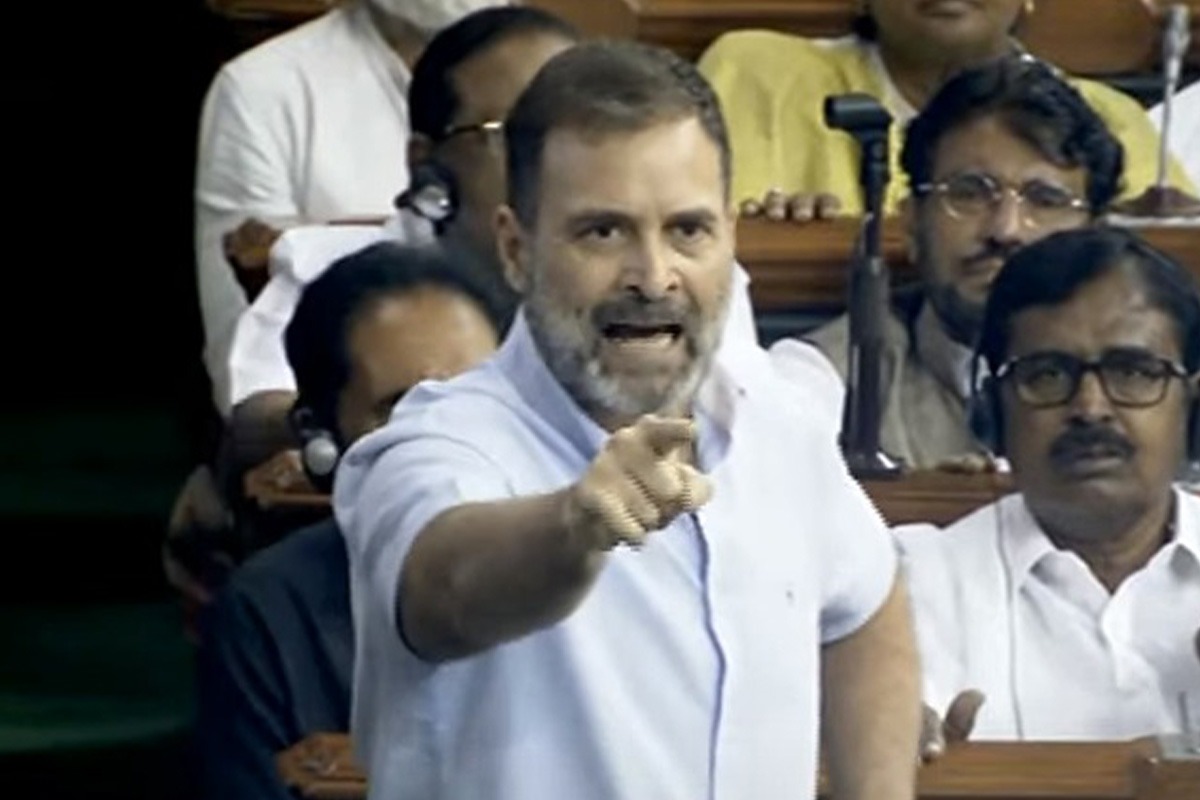
Former Congress president Rahul Gandhi faced disqualification from Lok Sabha a day after a Surat trial court found him guilty of criminal defamation. He was sentenced to a two-year jail term for a 2019 pre-election remark about the Modi surname. This development marked a significant turn in his political career. In a political rally in Karol, he stated: “why all thieves share the Modi surname”.
4. CM appointment

After the 2023 Assembly elections, the BJP (Bharatiya Janata Party) received praise for its selection of Chief Ministers in three states—Rajasthan, Madhya Pradesh, and Chhattisgarh. The party prioritised merit over popularity, appointing leaders based on their deserving credentials. Bhajanlal Sharma assumed the role of Chief Minister in Rajasthan, Mohan Yadav in Madhya Pradesh, and notably, Deo Sai became the first tribal Chief Minister in Chhattisgarh.
This strategic move not only reflected the party’s commitment to governance based on merit but also introduced diverse leadership in Chhattisgarh, marking a milestone in tribal representation at the helm of the state’s affairs. The decision showcased the BJP’s focus on effective leadership and inclusive governance.
5. Same-sex marriage
This year, a five-judge bench, with Chief Justice DY Chandrachud at the helm, delivered a verdict recognising the prevalent discrimination faced by the LGBTQ community at the hands of the state. Despite acknowledging this, the court tactfully avoided delving into what it termed as “judicial lawmaking” regarding same-sex marriage. Instead, it asserted that the responsibility for such decisions rested with the Indian Parliament.
The court’s stance reflected a careful delineation of powers and a call for legislative action on issues of societal significance. Furthermore, the verdict included a notable ruling against extending adoption rights to unmarried gay couples, shaping a comprehensive legal stance on LGBTQ rights in the context of marriage and adoption.
6. Supreme Court on Article 370
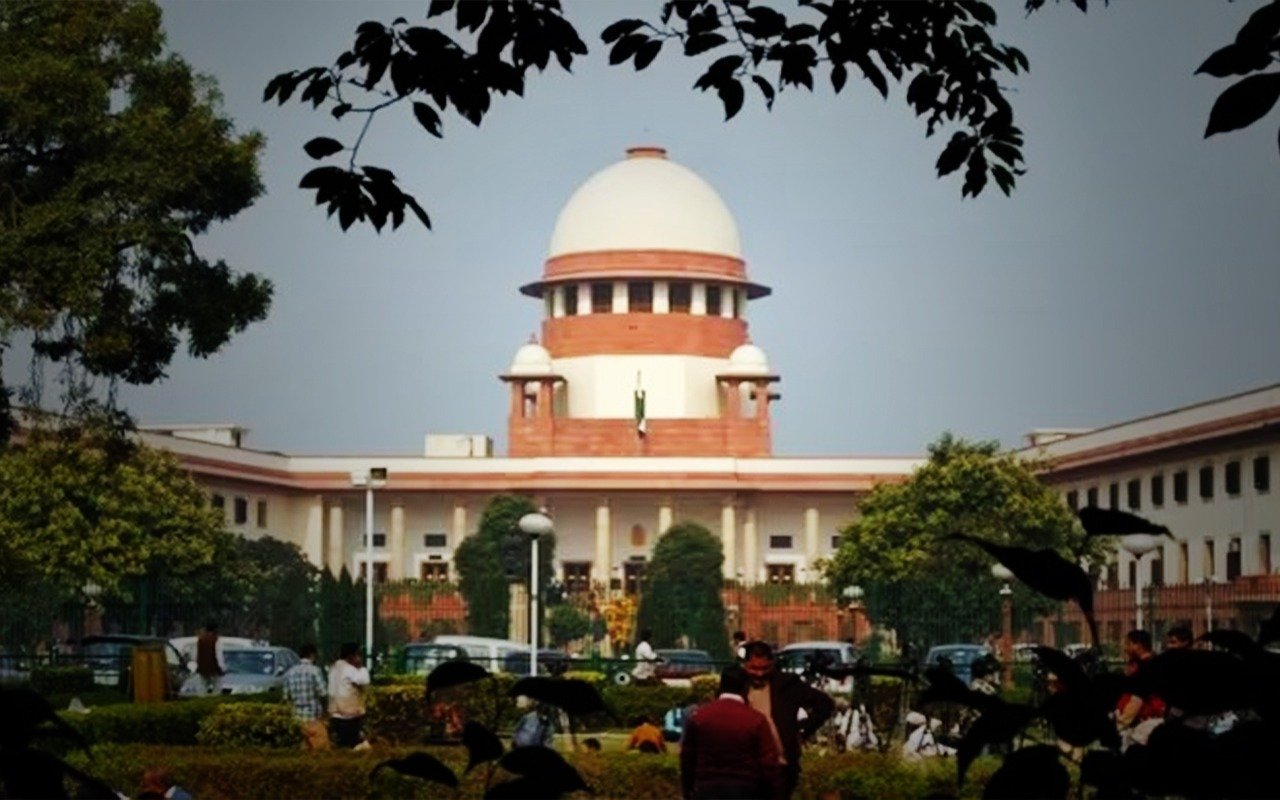
The Supreme Court upheld the Union Government’s decision to abrogate Article 370, which granted special status to Jammu and Kashmir, emphasising that decisions made by the Central government on behalf of a state were not automatically subject to legal challenge. The verdict was delivered by a five-judge Constitution bench, including Chief Justice of India DY Chandrachud, along with Justices Sanjay Kishan Kaul, Sanjiv Khanna, BR Gavai, and Surya Kant.
The bench addressed a series of petitions challenging the revocation of Article 370 and the reorganisation of the state into two Union Territories. Chief Justice Chandrachud, reading the judgment, highlighted that challenging every decision made by the Centre on behalf of a State would impede the state’s administration. The Supreme Court clarified that Article 370 was initially intended as a temporary provision.
Also Read: Galaxy of BJP ruled states CMs attend MP CM’s oathtaking
7. Apple joined forces with CERT?
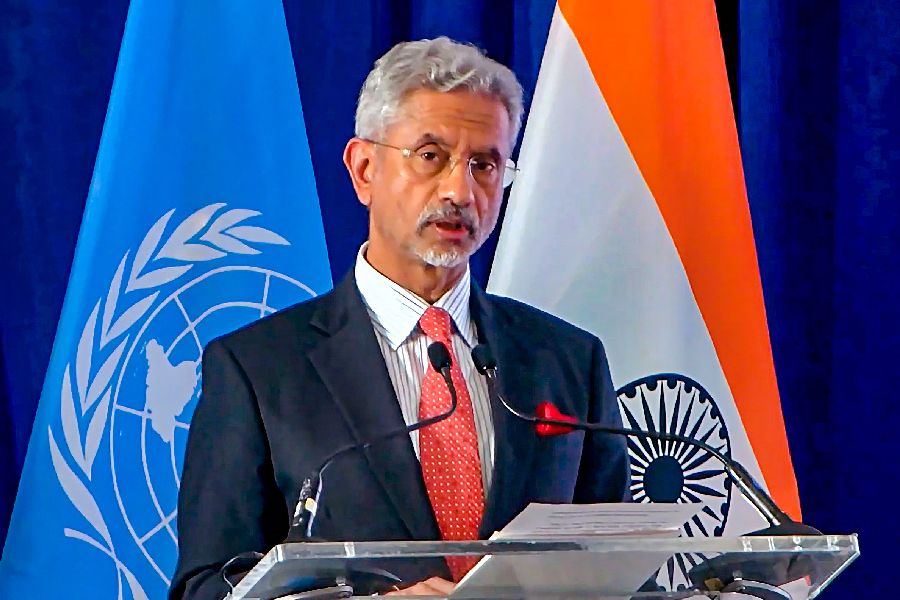
Apple has been asked to aid India’s CERT in ascertaining whether the iPhones of Opposition leaders were hacked or not after they claimed alerts on suspicious logins and attempts to break into their iPhones. The controversy gained traction as leaders using Apple phones received explicit warnings from the tech giant, suggesting the occurrence of “state-sponsored attacks” on their devices.
This collaboration not only underscored the gravity of the situation but also emphasised the importance of private-sector engagement in national cybersecurity efforts. It raised broader questions about the evolving landscape of cyber threats and the proactive measures required to safeguard digital infrastructure and sensitive information within the context of political discourse.
8. BJP First Time MP wins against Revanth Reddy and KCR
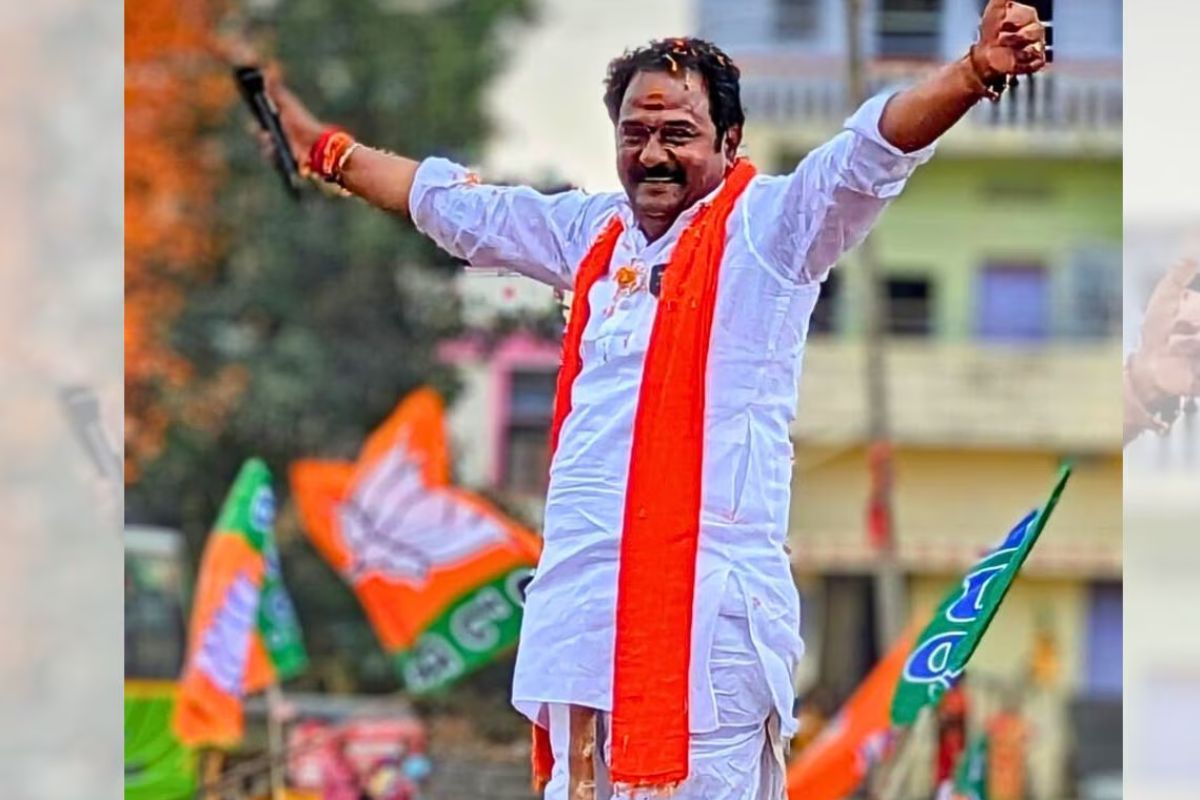
The victory of BJP Katipally Venkata Ramana Reddy in the Kamareddy Assembly constituency in Telangana came as a huge surprise to both the Congress and the Bharat Rashtra Samithi (BRS), marking a significant inroad for the saffron party in the state. The businessman-turned-politician defeated the then chief minister K Chandrashekar Rao as well as the Telangana Pradesh Congress Committee (TPCC) president A Revanth Reddy. According to Election Commission data, Ramana secured 66,652 votes and led the polls with a margin of 6,741 votes against KCR of BRS and Congress’ Revanth.
9. Inauguration of the New Parliament
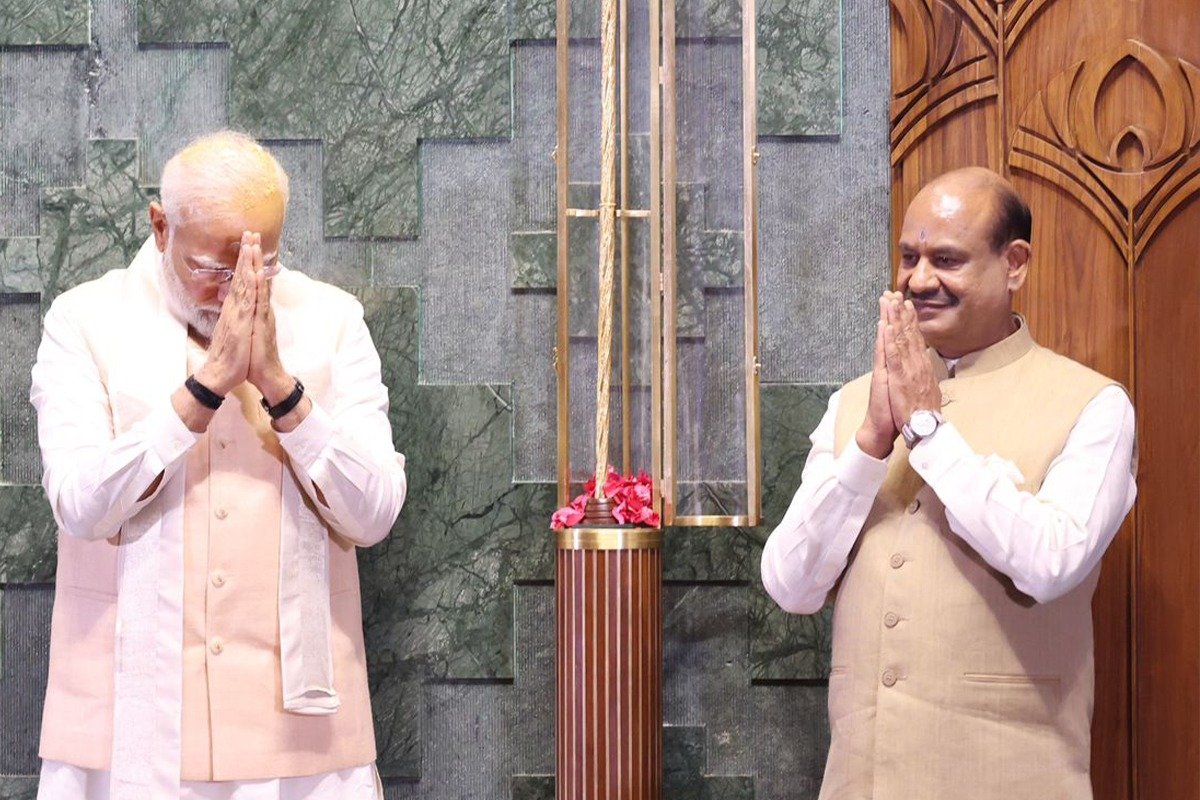
In May, Prime Minister Narendra Modi inaugurated India’s new Parliament building, marking a pivotal step in the Hindu nationalist government’s extensive plan to rejuvenate the architectural landscape of New Delhi. The modern complex stood as a testament to the government’s commitment to infusing elements of Indian culture and traditions into the capital’s heart, revamping the British colonial-era structures.
This significant inauguration coincided with the ongoing redevelopment efforts aimed at integrating symbols reflective of India’s rich heritage. The timing held political weight, occurring a year before parliamentary elections, where Modi’s BJP aimed to leverage its strong Hindu nationalist identity and showcase its decade-long governance performance, seeking a third term.
10. Manish Sisodia Arrest
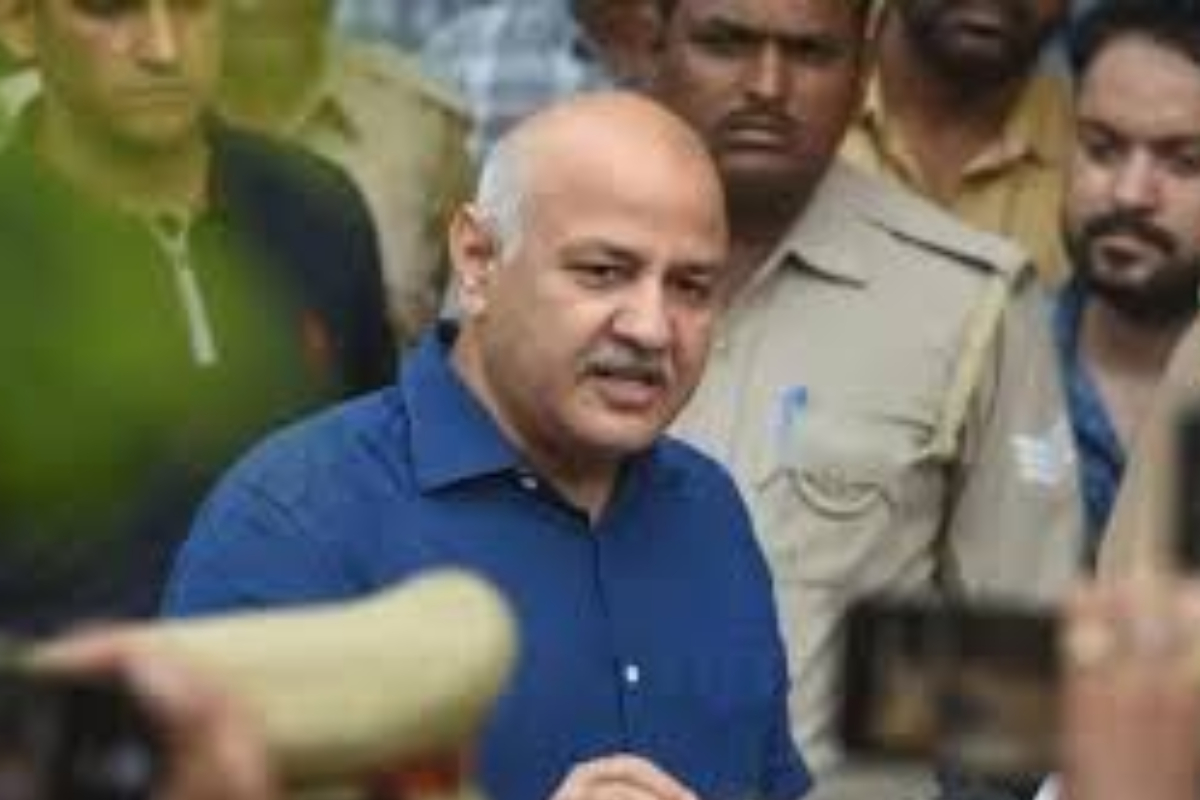
In August, the CBI filed an FIR implicating close associates of Manish Sisodia, the former Deputy CM, in alleged crores paid by Sameer Mahendru, owner of Indospirits. Sisodia’s arrest saw his judicial custody extended till May 1, related to irregularities in the excise policy. The arrest was in relation to the Delhi Excise policy. Implemented on November 17, 2021, the Excise policy aimed to boost government revenue, curb the influence of the liquor mafia, and eliminate black marketing.
Based on expert committee recommendations, the policy involved open bidding for 849 liquor vends, awarded to private companies. The city was divided into 32 zones, each allocated a maximum of 27 vends. Unlike previous practices, there were no individual licenses, and the bidding process was conducted zone-by-zone.








